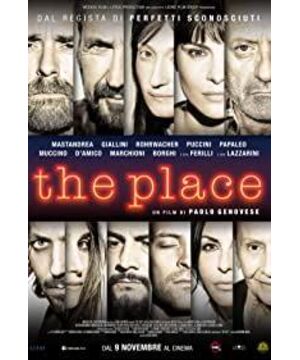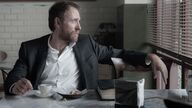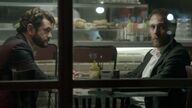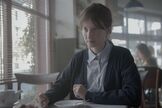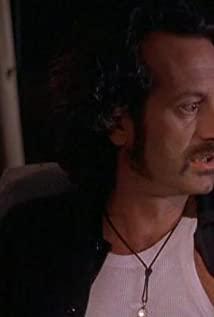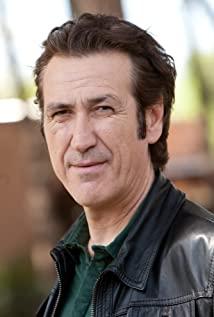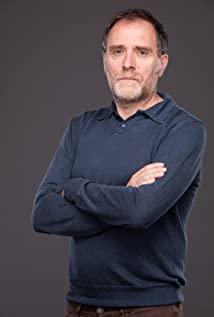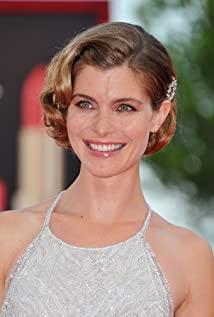1. According to legend (not fact) Pu Songling set up a tea stall and exchanged cups for drinking and hunting for stories; in Goethe's writings, the devil traded with Faust. Wish Cafe (The Place, 2017) is such a story, the protagonist sits in a corner of the cafe, like a psychotherapist, like a big brother hidden behind the scenes of Nineteen Eighty-Four (1949), like a celestial Chasuke (天の茶友, 2015) is the holy hand who writes the fate of mortals in the cloud, like a viper in the Garden of Eden with a forked tongue and human beings, and like a God who never chooses a side to stand.
2. In the story, the life course of each character is thrilling. The actor's acting skills under very strict restrictions are particularly delicate. In addition, the director can clear the clues of multiple plots in an orderly manner, which not only makes the relationship between scattered characters clear. When it emerges, it can be gathered with the proposition of free will. With unique ingenuity, it can capture the complexity and change of human nature, and can see through all phenomena with clear insight.
3. Once, a Korean TV station interviewed a patient with kidney failure. The mother of the child who had been in dialysis for many years said: "People's desires are endless. I used to hope to live until my daughter called me mom, but now I want to live. Watch her grow up, watch her get married, watch her get married and have children." The desire here is the desire to be born. Desire in the movie Wish Cafe is no different.
4. The rhythm of the film lacks some white space.
View more about The Place reviews


